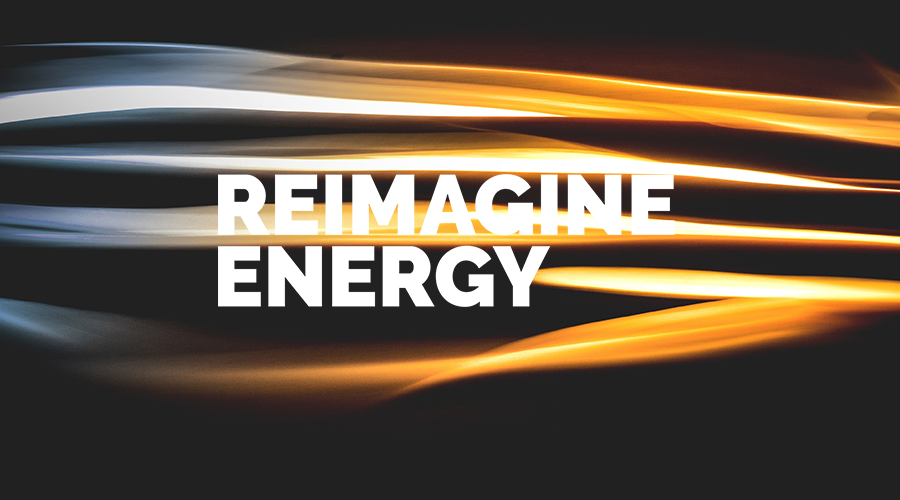We made the Changemakers edition of Reimagine Energy all about exploring the businesses and their leaders who have paved the way for change in the energy sector. In a series of interviews, we spoke to those who are taking risks within traditional industries and who are implementing necessary change for ultimate good.
In the third interview, we speak to Christian Münch of BayWa r.e.
“We will soon be able to develop large-scale PV without any subsidies.”
Name: Christian Münch
Position: Head of Partner Sales & E-Commerce BayWa r.e. Solar Energy Systems GmbH
Background: Renewable energy sector
- Sustainability consultancy, then business development for Phoenix Solar
- Joined BayWa r.e. as Head of Business Development
- Transitioned to leading the Partner Sales & E-Commerce Division
BayWa r.e. has commissioned renewable energy plants that generate 2 GW of power, and also manages plants that provide 5.5 GW of energy. How do we find the right balance between small-scale distributed power and such larger plants?
“You need to look at each country individually. For instance, with solar, you’re looking at regulations, how much space is available, what the grid infrastructure is like, whether decentralized, small-scale PV installation can help to stabilize the grid in countries with a lower level of substructure, and also the electricity costs. In some countries, rooftop PV installation can be very useful due to high end-customer energy prices, but especially in the south of Europe or in Africa, there is space, a relatively high electricity production cost and high solar radiation, so you can produce solar energy for the grid at low cost.“
What does the future of large-scale renewables development look like?
“We will soon be able to develop large-scale PV without any subsidies. Last year, we had the first 175 MW solar plant in the south of Spain without any public subsidies, and we’re placing this energy on the public market. This will be possible for more OECD countries in the next year, and as the technology prices continue to decline, the production cost of electricity will continue to decrease. For this reason, it will be possible to develop large-scale plants without subsidies in Germany or other Central European countries without subsidies in the next four or five years.“
What are the biggest mistakes you’re seeing with companies trying to change their business to adapt to disruptive technologies?
“The biggest mistake is not preparing for disruptive technologies during times when your business is running smoothly and when the revenues are good. This is the time when you can prepare for disruptive technologies, but this is also space where you often only focus on your current business model – the mistake is missing the chance to prepare for new technologies and business models by staying in your comfort zone too long. You also need to allow yourself to make mistakes. Development moves fast in a rapidly digitalizing world with disruptive technologies, so if you don’t try something out, you just won’t know if it will work.“
Kiwigrid and BayWa r.e. – Scaling a business model
Together with BayWa r.e.’s solar and battery installations, Kiwigrid’s home energy management systems, energy data analytics and further features will give customers the option of a complete smart home system for residential users.
Towards the end of 2019, expect a complete intelligent home energy system including a flat rate for household electricity. Intelligent charging and data-driven upselling are also in the works. BayWa r.e. will use the combined solutions to put together white-label energy system packages for municipal utilities and prefabricated house manufacturers.
The collaboration will allow BayWa r.e. to expand its range of energy solutions to include comprehensive coverage of the smart home market – including EV charging – adding another scalable business model.
